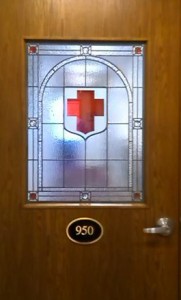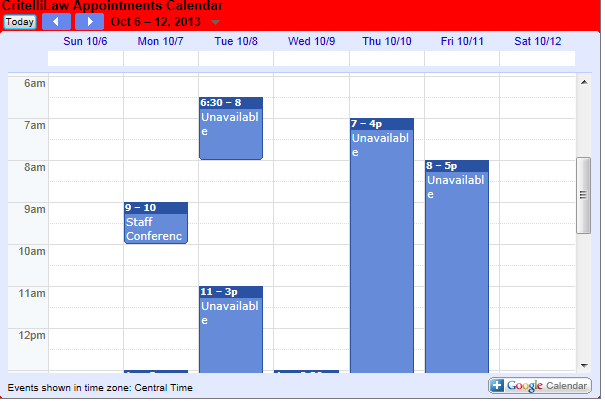Critelli addresses the International Academy of Dispute Resolution
Mar 6th, 2014 | By critellilaw | Category: Alert
Stasis, entropy, chaos, risk recognition, and the Kubler-Ross syndrome were the topics of Nick’s address to the 2014 InterNational Academy of Dispute Resolution in Chicago. Law students from North and South America, Europe and Africa were in attendance hoping to learn about new and emerging techniques in the area of dispute resolution. “If you understand the anatomy of a dispute you will be in a much better position to help resolve it” Critelli said. “Just like there are laws of physics, there are immutable laws of relationships,” he argued. “First and foremost there is stasis, that concept of equilibrium in which all competing influences are balanced, in a wide variety of contexts. It’s why people form relationships, whether contractual, institutional or personal. It’s the expectation that stems from the investment in the relationship” he claimed. But with the passage of time social entropy begins to decay the relationship. If left uncured the decay will create chaos. Critelli then introduced the concept of preventative mediation claiming that “up to a certain point in time mediation can actually stop and reverse the effects of the entropy. In other words, you can put the relationship back together again.” This is extremely important in relation to business. Failed contractual relationships, breaches of fiduciary duty, or employment disputes are the single most important cause of financial loss in the business sector. “If the board recognizes the potential for future problems and brings in the right mediator, then can actually save the business. Unfortunately few do. They forget that an ounce of prevention is worth a pound of cure.” he said.
But he warned that “once entropy reaches the point of chaos, it’s too late and the best you can do is bring order by way of separation and settlement.” He referred to this as ‘responsive mediation’ . At the point of chaos the dynamic changes. He lectured that “The party experiencing the chaos desires a return to stasis or normalcy and it’s just not going to happen because the reasonable expectation of the parties has been altered.” In responsive mediation the focus is on risk recognition and risk avoidance. “This is where Kubler-Ross becomes important” he said. Getting people to compromise is a process that is similar to the stages of grief recognized by Kubler-Ross: Denial, anger, bargaining, depression and acceptance. “Everyone who has ever compromised has gone through the Kubler-Ross drill. They start by denying any wrongdoing or risk, got angry even thinking about the dispute, reached the point where it was worth something just to make it go away, got depressed thinking about it and finally agreed to compromise.”
Critelli’s lecture materials can be downloaded from this LINK












